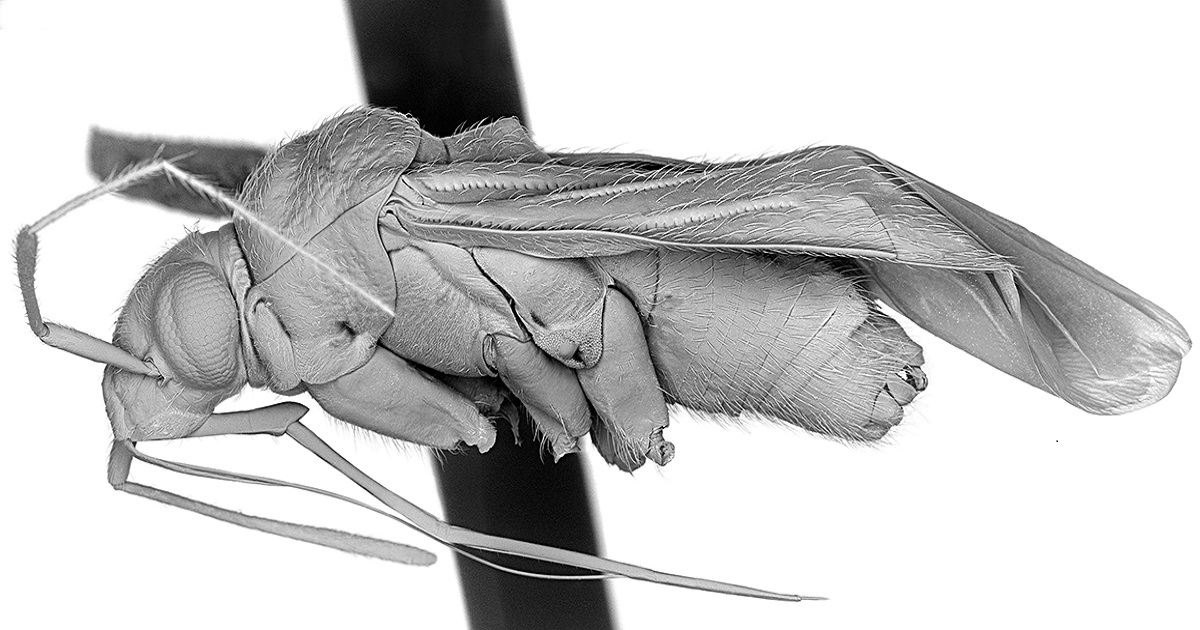- 2.1Impact Factor
- 4.0CiteScore
- 18 daysTime to First Decision
Diversity and Evolution of Hemiptera
Special Issue Information
Dear Colleagues,
At no less than 310 million years old, hemipterans are the fifth largest order of insects and the largest of the Hemimetabola. Over the course of their evolution, they have made a whole series of adaptations to different environments, habitats and lifestyles and they are mainly terrestrial, but some have adapted to aquatic life.
They are mainly sap-sucking herbivores, but many have adapted to carnivory through predation or parasitism. Most species are solitary, but some take care of their broods and may adopt a gregarious, or even quasi-social, lifestyle.
Reproduction is generally based on mating, but many species can be parthenogenetic. The first stage is generally the egg, but some evolutionary lineages are viviparous.
Thanks to their herbivory and dispersal abilities, they spread many serious plant diseases, becoming major agricultural pests, and some hematophagous species can be vectors of deadly human pathogens.
Despite our extensive knowledge of the biological characteristics of this group, there are still gaps in what we know about the morphological and ecological adaptations of certain groups of hemipterans, and these gaps affect our understanding of the evolutionary processes behind the richness and abundance of the species observed.
The aim of this Special Issue is to illustrate significant new discoveries in the study of this order of insects, paying particular attention to biological diversity, zoogeography, fossil data and selection involved in mutualism and morphological adaptations.
Dr. Artur Taszakowski
Prof. Dr. Łukasz Depa
Guest Editors
Manuscript Submission Information
Manuscripts should be submitted online at www.mdpi.com by registering and logging in to this website. Once you are registered, click here to go to the submission form. Manuscripts can be submitted until the deadline. All submissions that pass pre-check are peer-reviewed. Accepted papers will be published continuously in the journal (as soon as accepted) and will be listed together on the special issue website. Research articles, review articles as well as short communications are invited. For planned papers, a title and short abstract (about 100 words) can be sent to the Editorial Office for announcement on this website.
Submitted manuscripts should not have been published previously, nor be under consideration for publication elsewhere (except conference proceedings papers). All manuscripts are thoroughly refereed through a single-blind peer-review process. A guide for authors and other relevant information for submission of manuscripts is available on the Instructions for Authors page. Diversity is an international peer-reviewed open access monthly journal published by MDPI.
Please visit the Instructions for Authors page before submitting a manuscript. The Article Processing Charge (APC) for publication in this open access journal is 2100 CHF (Swiss Francs). Submitted papers should be well formatted and use good English. Authors may use MDPI's English editing service prior to publication or during author revisions.
Keywords
- phylogeography
- mutualism
- reproduction
- selection
- adaptation

Benefits of Publishing in a Special Issue
- Ease of navigation: Grouping papers by topic helps scholars navigate broad scope journals more efficiently.
- Greater discoverability: Special Issues support the reach and impact of scientific research. Articles in Special Issues are more discoverable and cited more frequently.
- Expansion of research network: Special Issues facilitate connections among authors, fostering scientific collaborations.
- External promotion: Articles in Special Issues are often promoted through the journal's social media, increasing their visibility.
- e-Book format: Special Issues with more than 10 articles can be published as dedicated e-books, ensuring wide and rapid dissemination.

